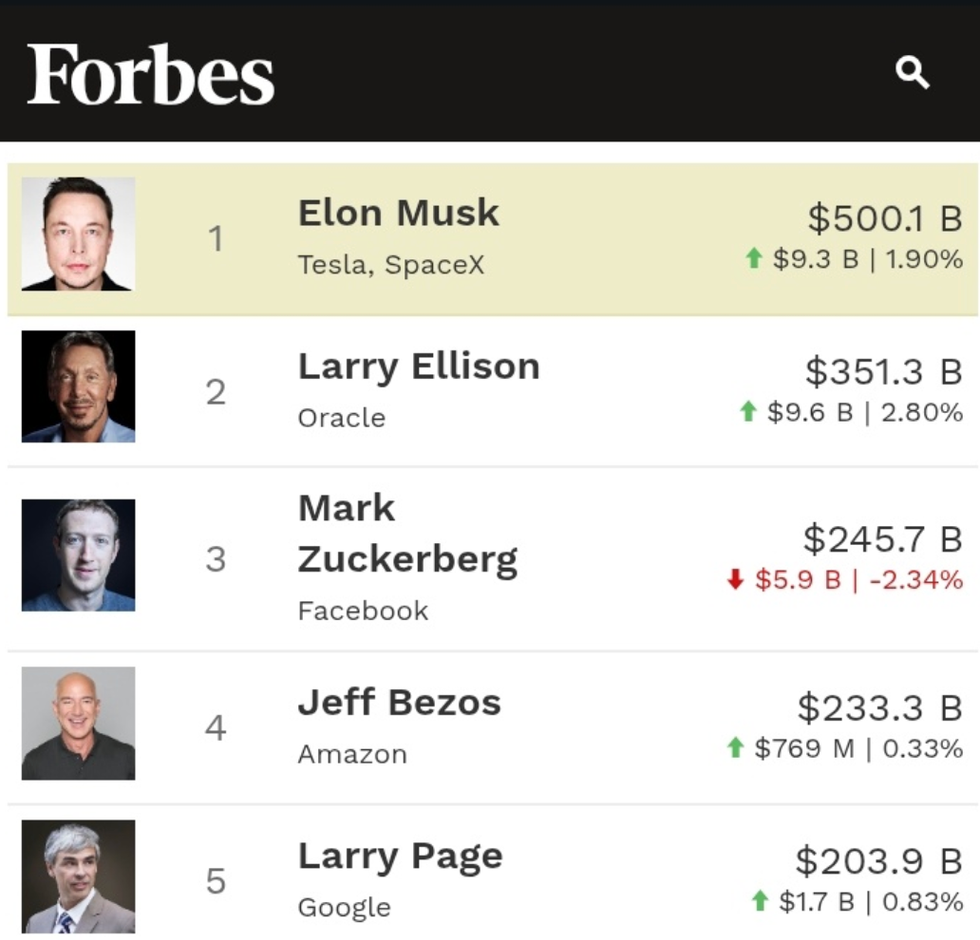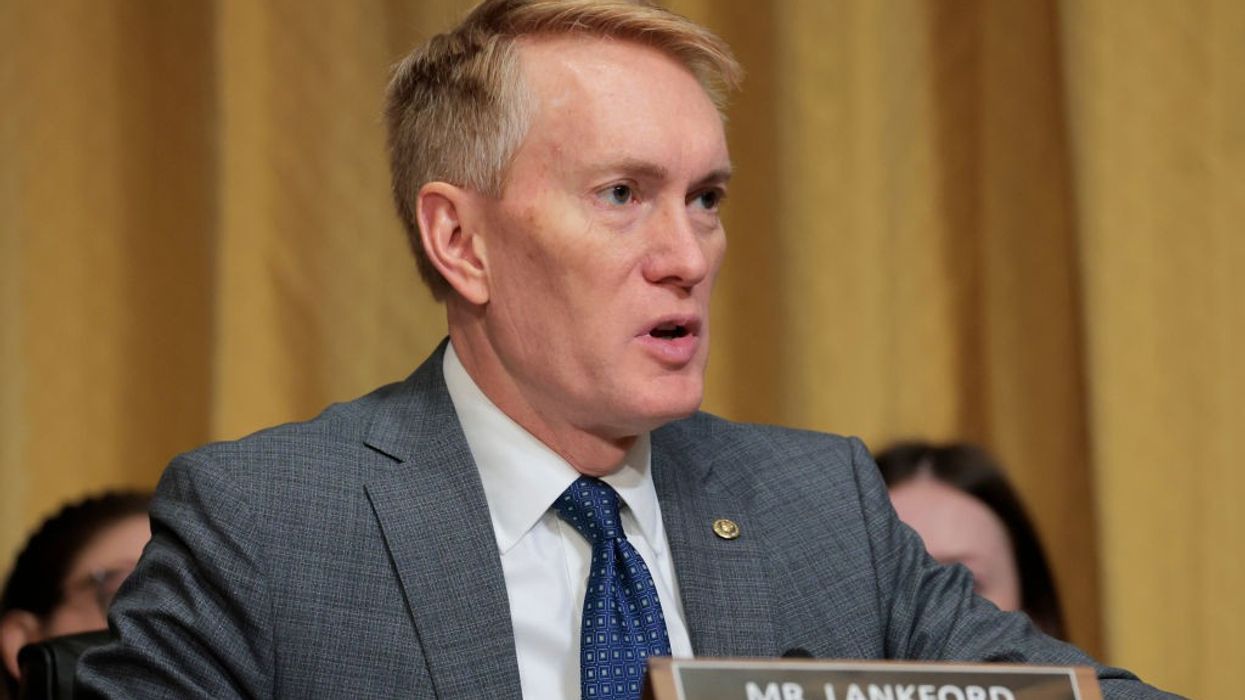I wish I had a good answer. At a time when America needs a strong, bold, courageous opposition, the Democrats’ silence is deafening.
What the hell does it mean to be a “moderate” today anyway? When the choice we’re facing is between democracy and dictatorship, where’s the midpoint?
My old friend James Carville advises Democrats to “roll over and play dead.” With due respect to James, he’s full of sh*t.
Democrats have been rolling over and playing dead too long. That’s one reason the nation is in the trouble we’re in.
If Democrats had had the guts years ago to condemn big money in politics, fight corporate welfare, and unrig a market that’s been rigged in favor of big corporations and the rich, Trump’s absurd bogeymen (the deep state, immigrants, socialists, trans people, diversity-equity-inclusion) wouldn’t have stood a chance.
My simple advice to congressional Democrats: Wake the hell up!
Tonight, Trump will address both chambers of Congress. He has taken over the brains and intestines of Republican lawmakers, who will applaud his stream of lies.
Democrats will do—what? Sit on their hands? Applaud a few insipid things?
Ideally, Democrats should boycott the whole event. Even sitting in the well of the House as if this were just another president addressing just another Congress legitimizes Trump’s coup.
Democrats should not signal to a nationally televised audience that what we’re living through is normal.
If Democratic lawmakers feel they must be there, then make good and loud trouble. Disrupt Trump’s speech. Arrive in Revolutionary War costumes and hold signs proclaiming America is not a monarchy. Wave American flags and copies of the Constitution.
Every time he utters the word “tariff,” hold up a sign that says “It’s a tax.”
When Trump lies—about Ukraine, about DOGE, about immigration, about the tariffs he’s just put into effect, about his plan for robbing working people to give another huge tax cut to the rich—boo loudly. Hold up a “lie meter” for the cameras.
Then walk out en masse.
Show America there’s still life in the democratic opposition, even as America slides toward dictatorship.
The good news is most of America is firmly against Trump (and with Democrats) on the big things. According to polls:
- Most don’t want a Trump Republican budget that cuts almost $1 trillion out of Medicaid, food stamps, and child nutrition in order to make way for a $4.5 trillion tax cut mostly for the wealthy.
- Most don’t want the richest person in the world destroying departments and agencies that protect our health, safety, financial security, and environment.
- Most don’t side with Putin. Most don’t want us to abandon Ukraine. Most don’t want us to turn against our traditional allies that are democracies in favor of a bloodthirsty dictator.
- Most don’t want tariffs that drive up the prices they pay for food, gas, housing, and clothing. Most understand that tariffs are taxes paid by American consumers.
- Most don’t want a government of, by, and for billionaires.
- Most believe in democracy and the rule of law and don’t want Trump trampling on the Constitution, acts of Congress, and federal court orders.
Not only should Democrats be making noise (and hay) about all this, but Democrats should not rely on so-called “moderates” (such as Michigan’s Sen. Elissa Slotkin) to speak for them. Democrats selected Slotkin to deliver the Democrats’ “response” to Trump’s address tonight.
Democrats need Sen. Bernie Sanders (I-Vt.), Sen. Elizabeth Warren (D-Mass.), Rep. Alexandria Ocasio-Cortez (D-N.Y.), or anyone else with fight in their hearts and rage in their bellies who can make the case that Trump is bad for working people and terrible for America and the world.
What the hell does it mean to be a “moderate” today anyway? When the choice we’re facing is between democracy and dictatorship, where’s the midpoint?
We are in clear and present danger. Democrats must stand up for American ideals at a time when Trump, Vice President JD Vance, and Elon Musk are riding roughshod over them.
The rest of you, my friends, should make a ruckus, too. Call your Democratic senators and Democratic representatives (if you have any) today, and tell them what I’ve just told you. Again, the Capitol switchboard is 202-224-3121.
During or after Trump’s speech tonight, call the White House and tell the operator that you disagree with what Trump has said. White House operators keep track of positive and negative responses. (The White House switchboard is 202-456-1414.)
Have no doubt that we are the true patriots of this nation. We are the voices of democracy, freedom, social justice, and the rule of law. We are the people.
Our lawmakers—including Trump and Vance (and even de facto lawmakers like Musk)—are supposed to be working for us.





